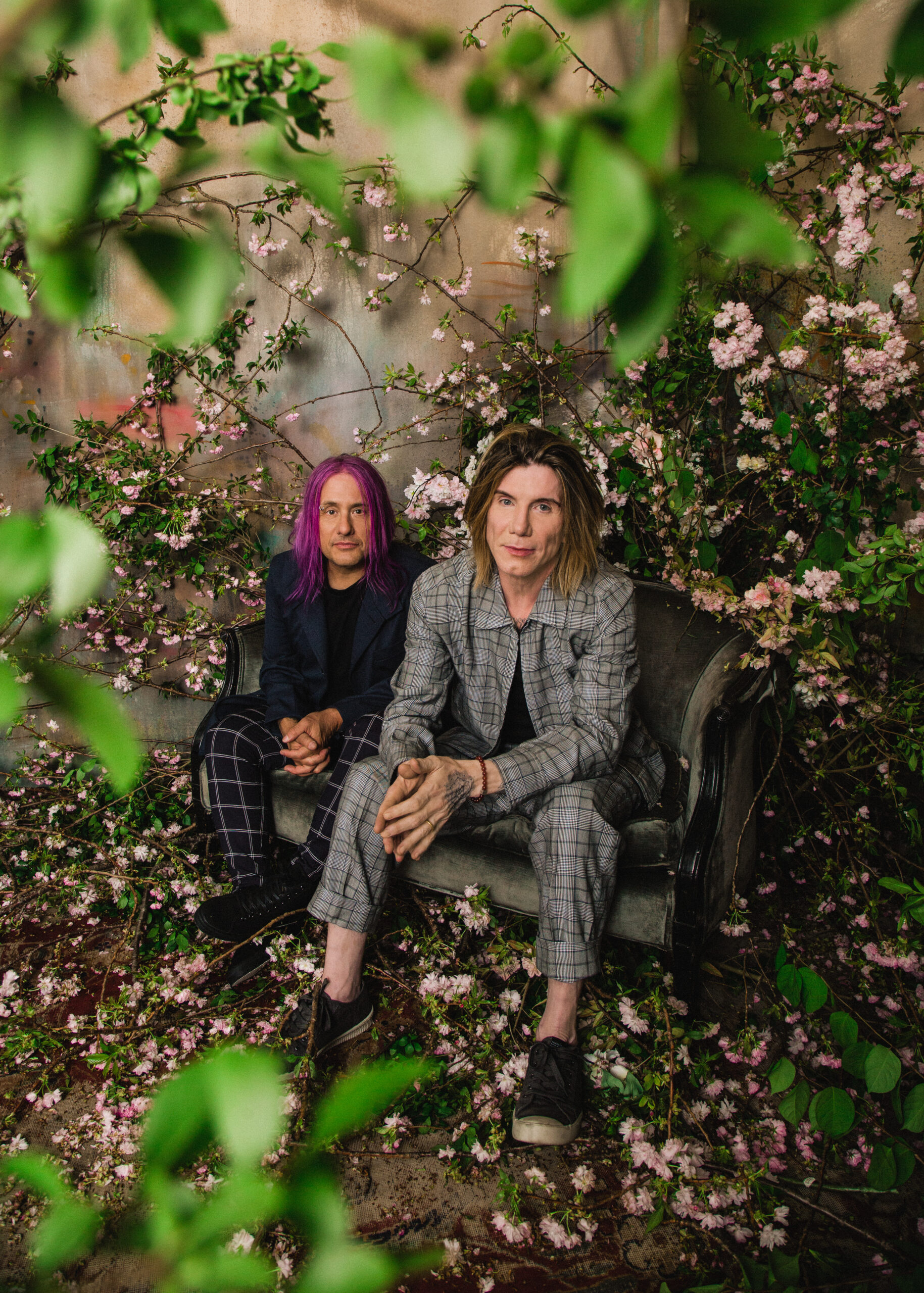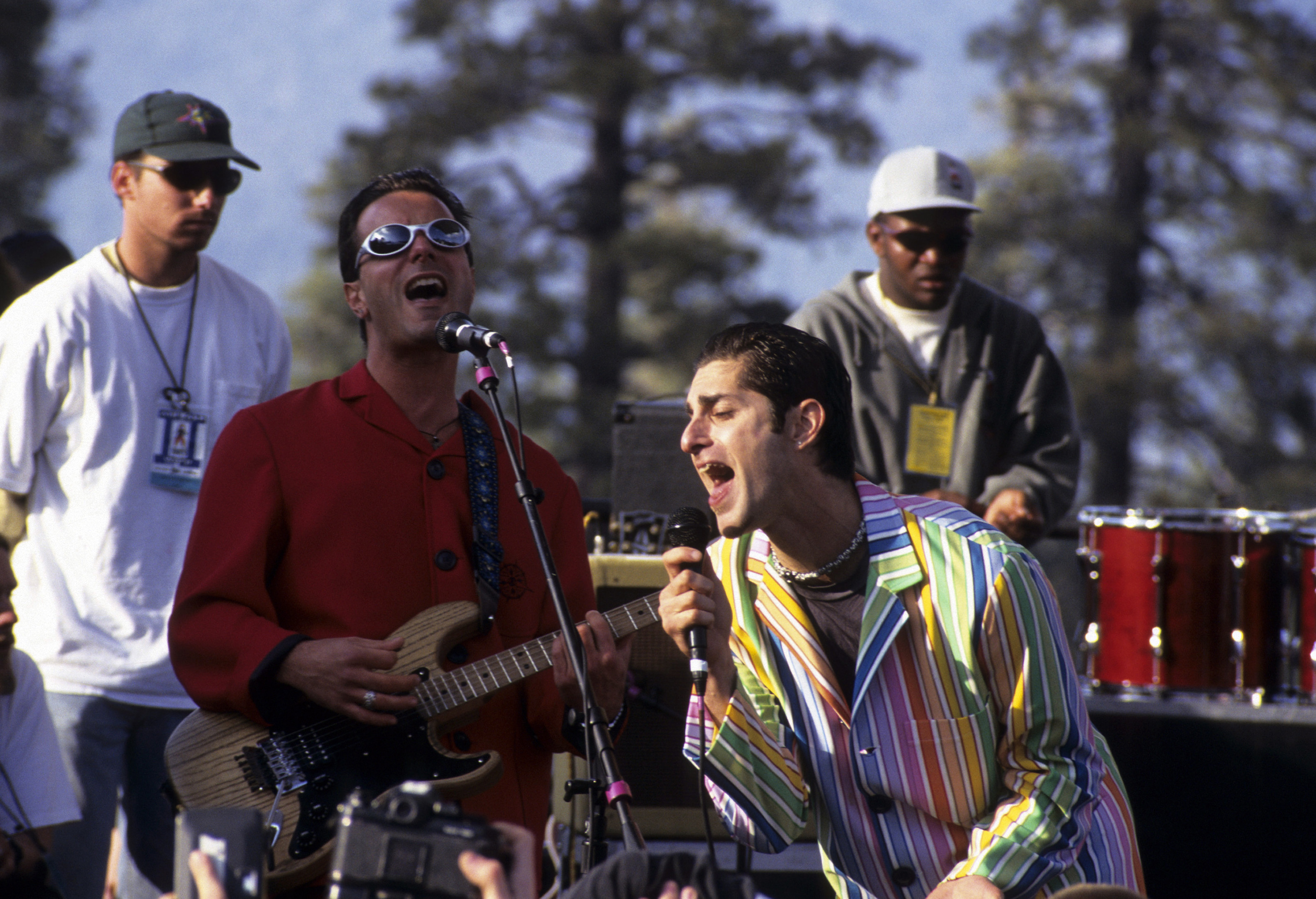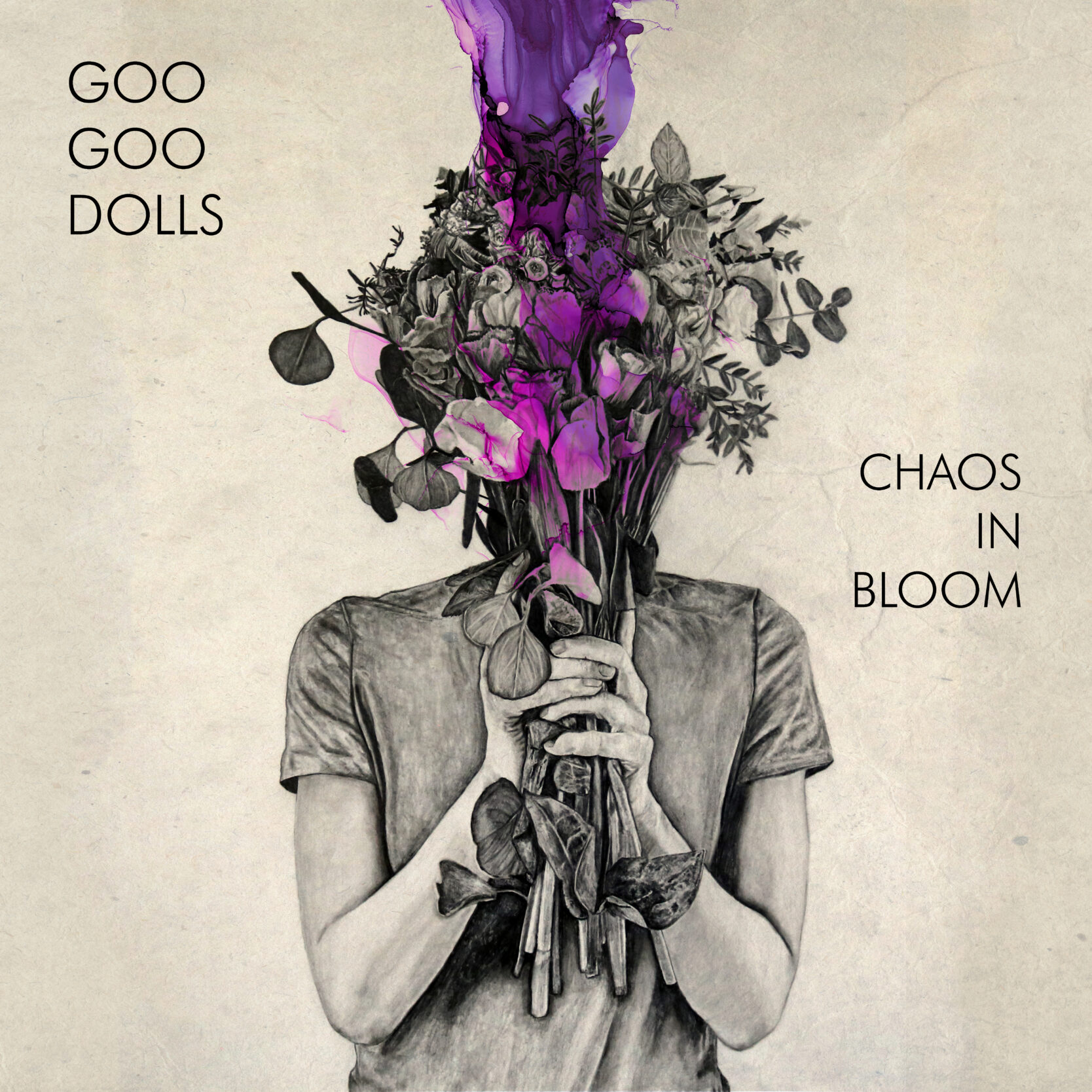“We had to create our own scene because there wasn’t one in Buffalo at the time that was that welcoming…” Goo Goo Dolls frontman John Rzeznik tells me, of the early days, long before they became a household name. Goo Goo Dolls began as an unpretentious, late-80s punk band who had a hard time fitting in with the hair-metal music scene that was thriving in Buffalo at the time. Their scene was built through raw DIY work ethic: printing posters, calling college radio stations, renting spaces for shows – shows that attracted misfits and outsiders of similar ilk, all searching for a less-judgmental sanctuary.
“We played original music…alternative rock, punk rock, whatever you want to call it,” Rzeznik says, from a stop in Salt Lake City, where they will be playing that night. “There weren’t a lot of venues for that kind of music. People wanted to fill the clubs with cover bands and metal bands…you couldn’t get gigs in those places.”
Long outlasting the now-irrelevant scenes and haters who wouldn’t welcome them, the band’s music has since found its way far beyond the cold shores of Lake Erie with a number of huge-to-mega hits including “Slide,” “Name” and, of course, “Iris”. These are massive songs that would be heard by millions around the world. While those songs came out in the ‘90s, the band’s ever-deepening path continues with their 13th record, Chaos in Bloom, 10 songs that, as always, are relatable reflections of the current, complex times, further confirming Rzeznik as a poet of poignancy, an insatiable songwriter who is not finished making his artistic mark on the world.

SPIN: Where does the album title come from?
John Rzeznik: It’s about how the world is just going crazier than it normally is. The phrase is from a line in a song from a band called The Chameleons (“Tears” off of 1995’s Strange Times). I was sitting there listening to it and was like, Wow, that would be a good title for an album and it did kind of fit the whole feel of the songs and album.

Also Read
30 Overlooked 1993 Albums Turning 30
How would you describe that feel?
It’s pretty angst-filled. (laughs) It just kind of turned out that way. Everything’s so uncertain right now.
Are these songs a reflection of you dealing with that uncertainty?
Yeah, the uncertainty and anxiety of what was going on in the pandemic…just felt like everything was coming completely unraveled.
It sounds like there’s some optimism on the record as well.
I’m always a little bit optimistic…although it’s been pretty hard recently. I’m trying. (laughs)
How did making the record at Dreamland Studiosimpact the songs? Was it pretty remote?
I wanted to get the whole band playing together and we stayed in this house on the property. [The studio] was just so far away from everything and tucked up in the woods and, yeah, remote. The vibe of the old church was really cool. There’s always something in the atmosphere…something that I like, anyway.
Did working in that isolation help you focus better?
If you make a record in Los Angeles, or New York City, or Nashville, or whatever, there are a lot of distractions…a lot of shiny objects that keep your mind off what you’re supposed to be doing. It was nice because there’s a lot of live recordings on this [record]. There was a push-pull situation going on there and that’s why we tried to record as much of it live as possible…to at least get the drums and the bass together because of the movement between the drummer and the bass player standing there looking at each other playing…it’s just a different feel and something I wanted to capture.
How has your songwriting evolved since A Boy Named Goo?
Well, I don’t project that naivety anymore. I’m about 30 years older since that album. It just changes as life changes and your priorities change.
Are you more comfortable as a songwriter now?
I don’t know if I’ve ever been comfortable. (laughs) It can make me anxious because I do want people to like my songs. Unfortunately, you do go into this space where you really just have to please yourself and make yourself happy and hopefully the rest of the world is with you–or at least a portion of the world is with you–and it’s magic.
And was it that mentality that helped you with your biggest hits like “Iris” and “Name”?
When those songs come to you, [you] grab ahold of them and run with it. I like it when a song gets to a point where I’m not shaping it and it’s just carrying me along…it starts to direct me where to go. But yeah, songs get a life of their own and you just hang on.




